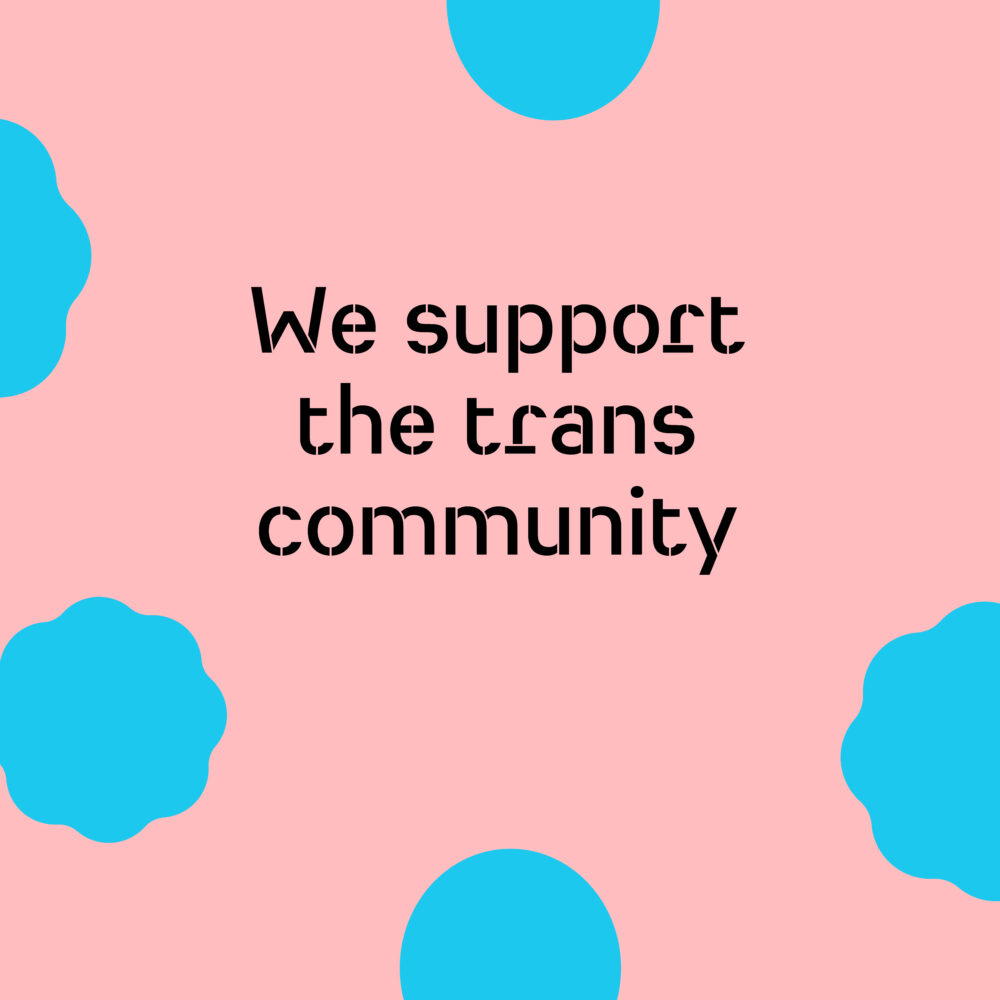


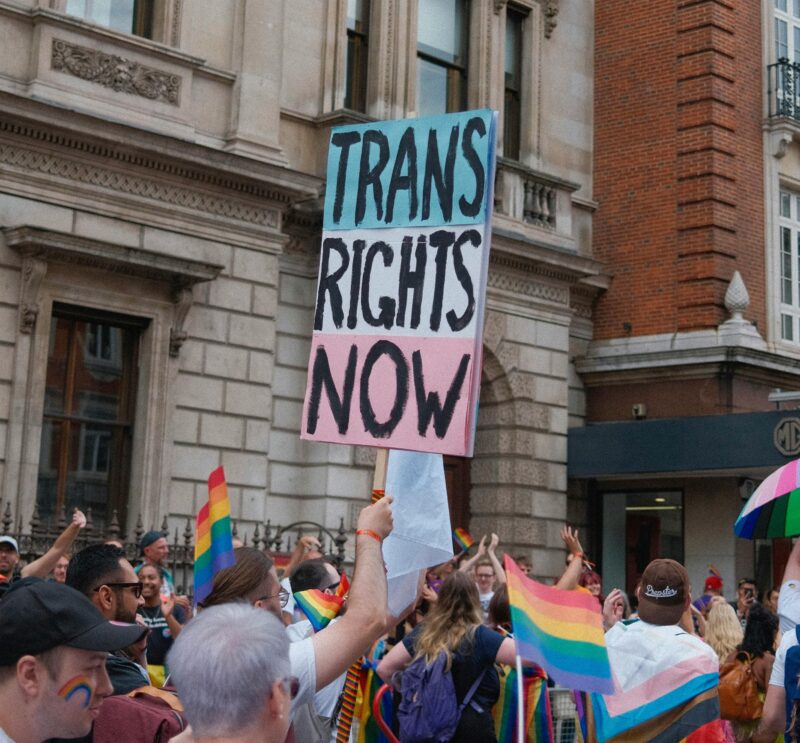
The Supreme Court in the UK has ruled that trans women, whose gender had been recognised by the UK government, will no longer be considered women under existing equality laws and will no longer be able to access many single-sex spaces, such as hospital wards, prisons, refuge centres, toilets, sports and university accommodation. It’s uncertain now as to what spaces trans people can access.
This case was originally about whether a trans woman with a gender recognition certificate is protected against discrimination as a woman, and was led by For Women and JK Rowling, supported by several more groups with similar anti-trans views.
No trans voices were heard in this case. No groups applied to be heard because of fear of discrimination and harm due to a hateful media cycle.
There are still protections for trans people under the equalities act, but EHRC now refer to men and women based on their biological sex.
The Supreme Court affirms the rights of trans people to protection from discrimination and harassment but this act will cause discrimination and harassment. We have already seen a 186% increase in trans+ hate crimes in recent years as the media and political rhetoric has become more anti-trans.
Since this ruling, the FA have banned trans women from playing football and businesses like Barclays have banned trans women from using women’s bathrooms.
Cis women who do not conform to gender stereotypes or eurocentric ideals of womanhood, queer women and women with conditions such as PCOS are more likely to be impacted by this ruling due to people ‘deciding’ what a biological woman should and shouldn’t be.
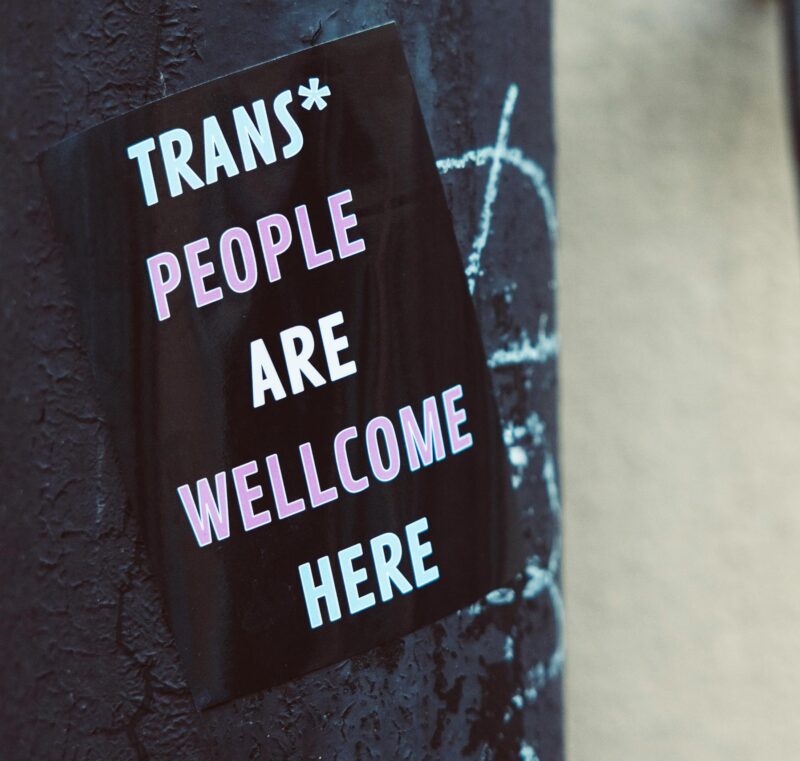
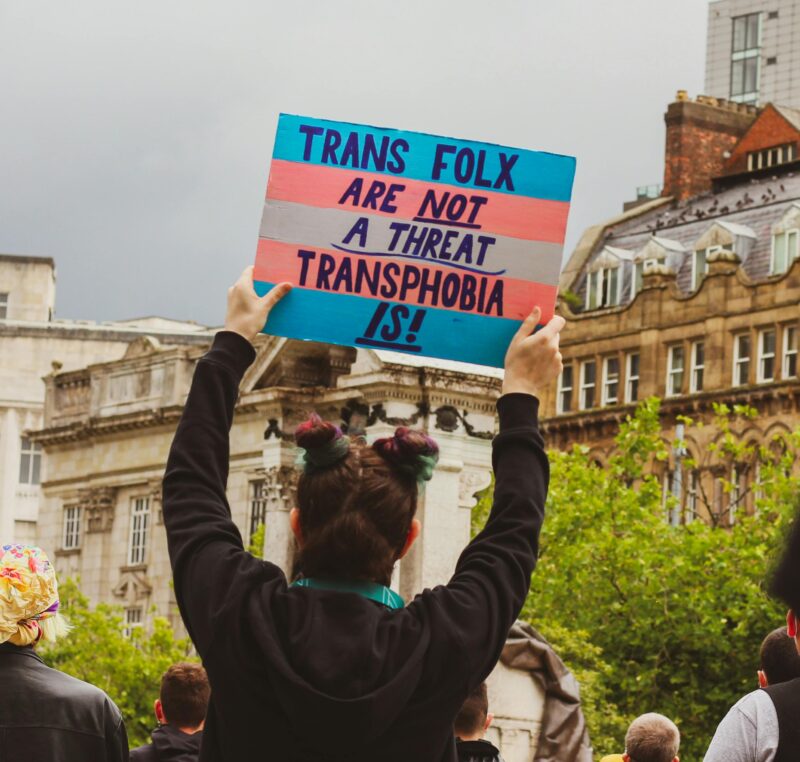
It’s our job as allies to offer as much support as we can for our trans friends and do the heavy lifting where we’re able to so they can focus on looking after themselves.
Your MP exists to represent you and your views, so write to them and consider the following:
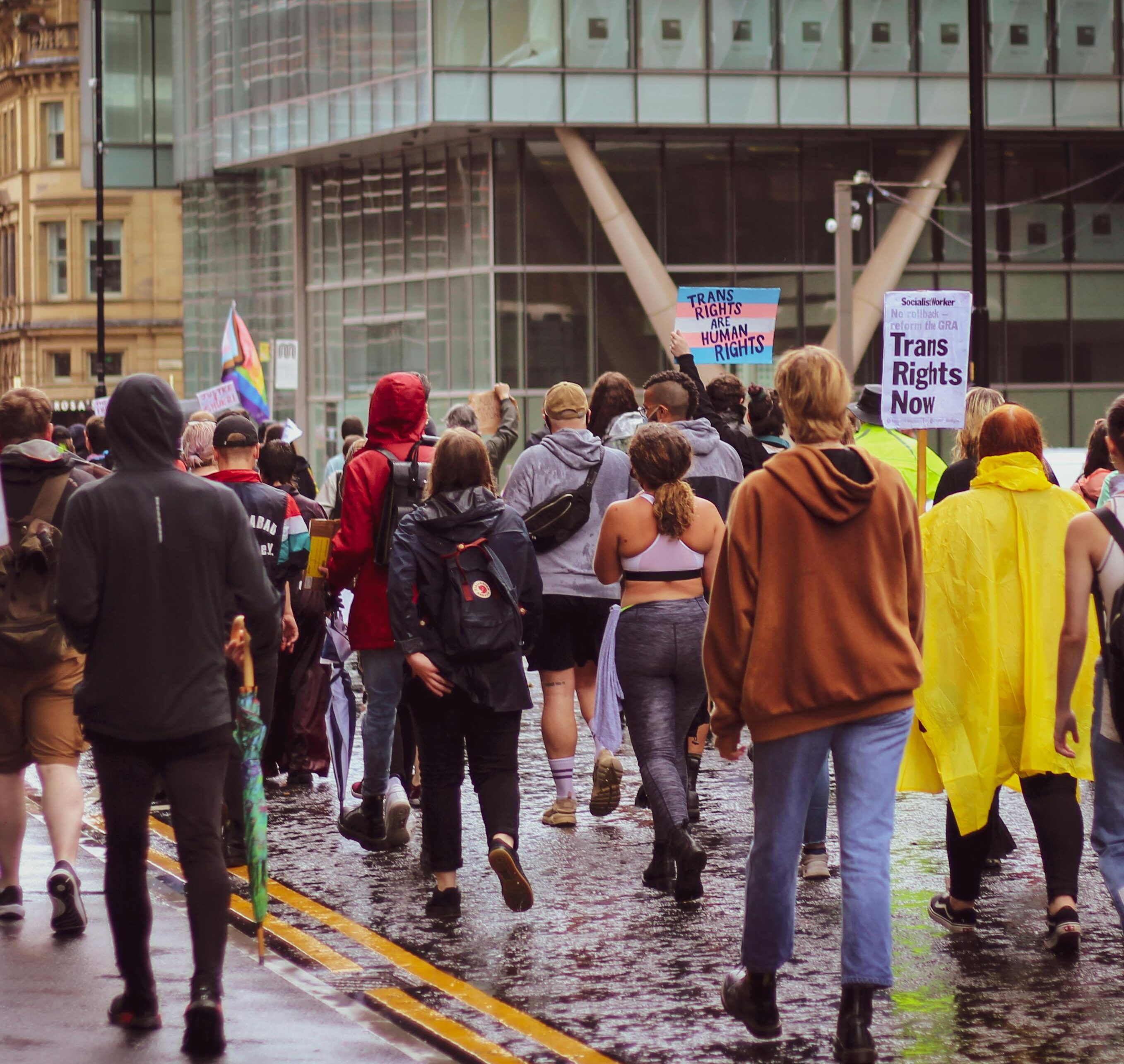
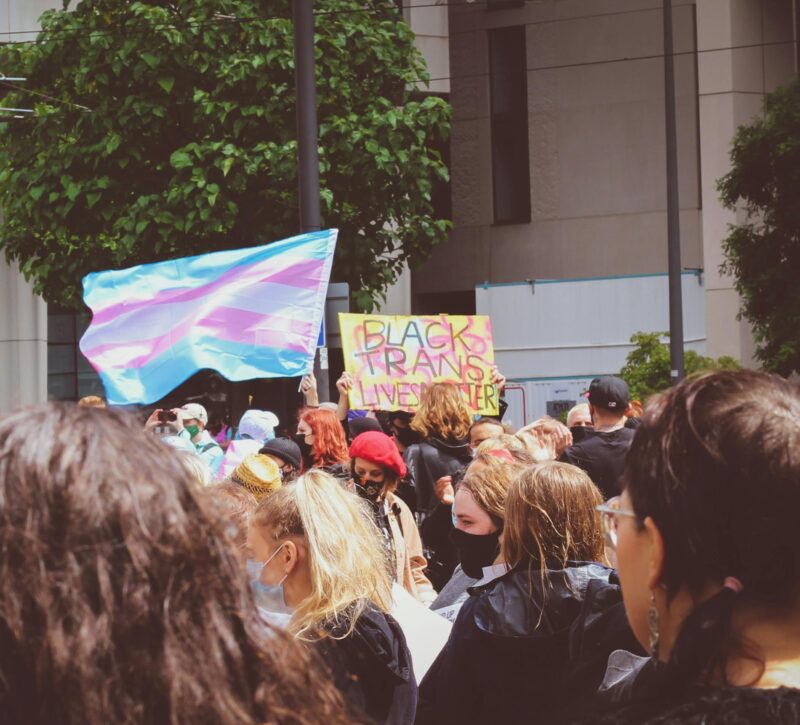
As allies, it’s our responsibility to have some of the heavy conversations trans people should not have to have.
If you know people who either:
Remember when people hold extreme views, the best thing you can do is let them speak, listen and ask why they have these views. Please look after yourself.
There are lots of petitions going around from different groups at the moment in support of trans people. We’ve put the following in our bio:
Support for trans people from UK writers
Let trans women play football!
The Good Law Project challenging the supreme law judgement as a breach of human rights.
An Open Letter to Film and Television Industry Professionals and Cultural Bodies
If you find anymore, share them with us and we’ll add them to our stories.
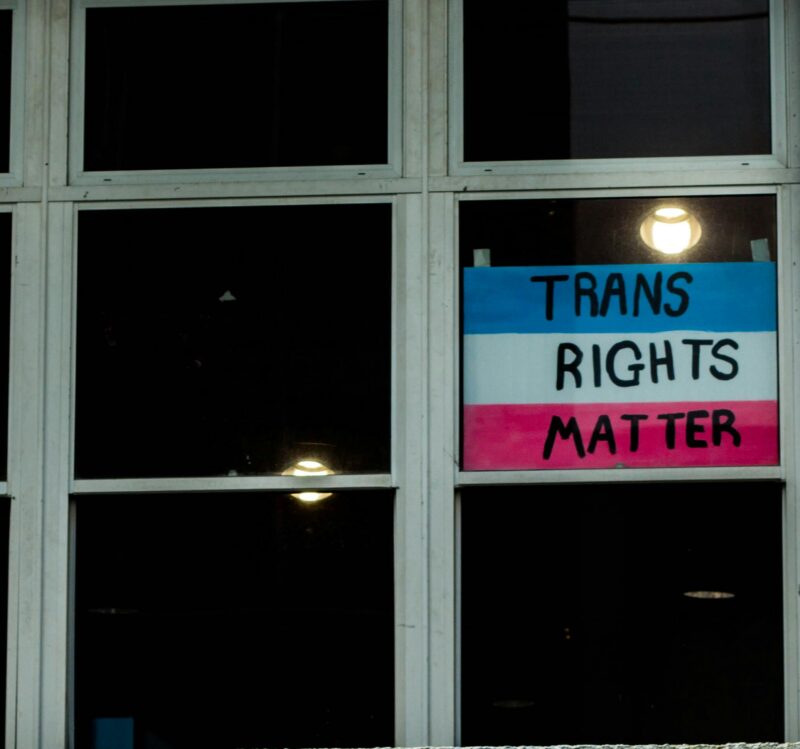
You can support by giving, fundraising, following and sharing posts from trans charities and LGBTIQA+ charities. Here are some we recommend following:
There have been worrying roll backs on and restrictions to gender affirming healthcare. Trans people who can’t afford private healthcare can be waiting years. One way to support can be through fundraisers:
Tabby Lamb has compiled a list of doll fundraisers, which you can use as a starting point for donating – link in our bio – and if you want to thank her for her work pulling them together, consider following her substack @tabbylamb.
Follow @annhealthcare, where trans people can access free or subsidised gender affirming care.
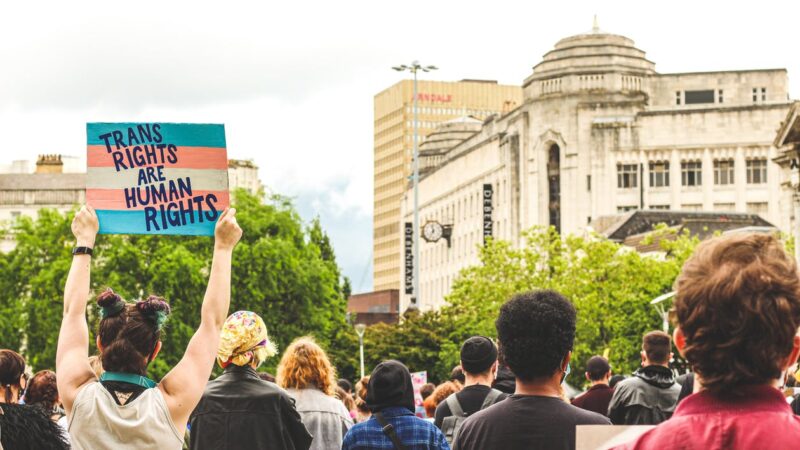
We are Art with Heart, and we want to bring together as many people as possible to unlock their creativity and connection to each other. As a registered charity (1205611), donations make it possible to deliver accessible, representative and inclusive projects, to engage more people, employ more freelancers and plan further into the future. Together, we are building Art with Heart, we would love you to join us! CLICK HERE to donate through our Ko-fi campaign.